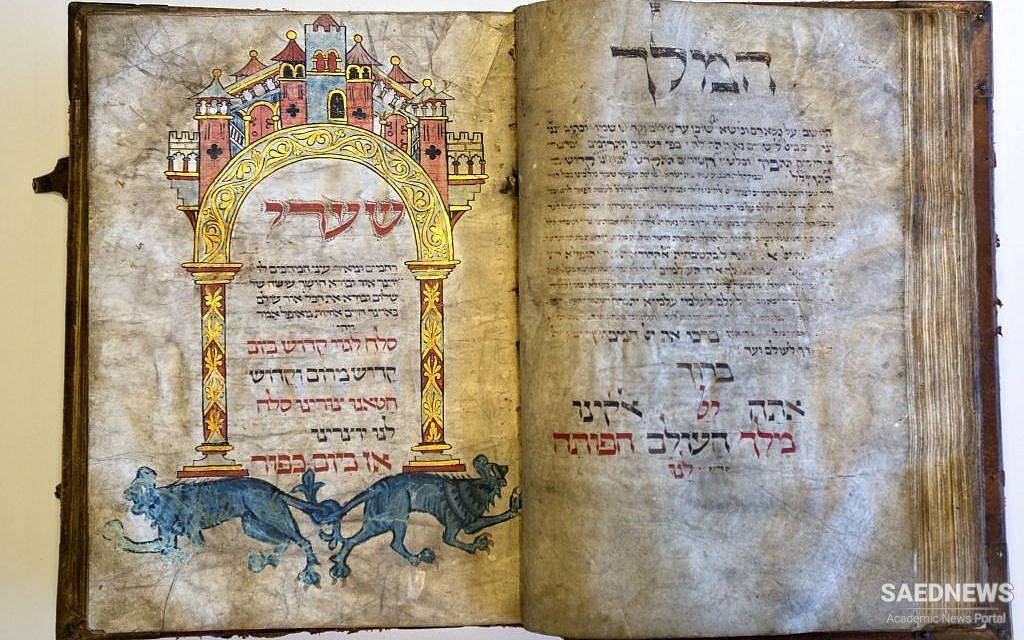The understanding of apocalyptic literature as defined by eschatological interests may derive from the book of Revelation, but it finds confirmation in the book of Daniel, the only apocalypse included in the Hebrew Bible. Until the mid-1970s Daniel, which scholars date to the time of the Maccabean Revolt in the 160s BCE, was believed to be the first apocalypse ever composed. Because they saw Daniel as the foundational work of the apocalyptic genre, scholars felt justified in treating eschatology as crucial to that genre. But in 1976 Józef Milik published several fragmentary manuscripts from the Dead Sea Scrolls that forced a reassessment of this view of the development of the apocalypses. The manuscripts contained portions of the Aramaic originals of most of the works included in 1 Enoch, a collection of five apocalypses attributed to a patriarch mentioned briefly in the book of Genesis (Gen. 5:21–4) that comes down to us in Ethiopic translation. Before the publication of the manuscripts, most scholars dated the earliest of the works collected in 1 Enoch to the middle of the second century BCE, shortly after the composition of Daniel. The manuscripts from the Scrolls make it clear that two of the apocalypses included in 1 Enoch, the Astronomical Book (1 Enoch 72–82) and the Book of the Watchers (1 Enoch 1–36), pre-date Daniel.


 Apocalypticism in Islamic Context: Renewal of Millennial Ideals under a New Revelation
Apocalypticism in Islamic Context: Renewal of Millennial Ideals under a New Revelation














































